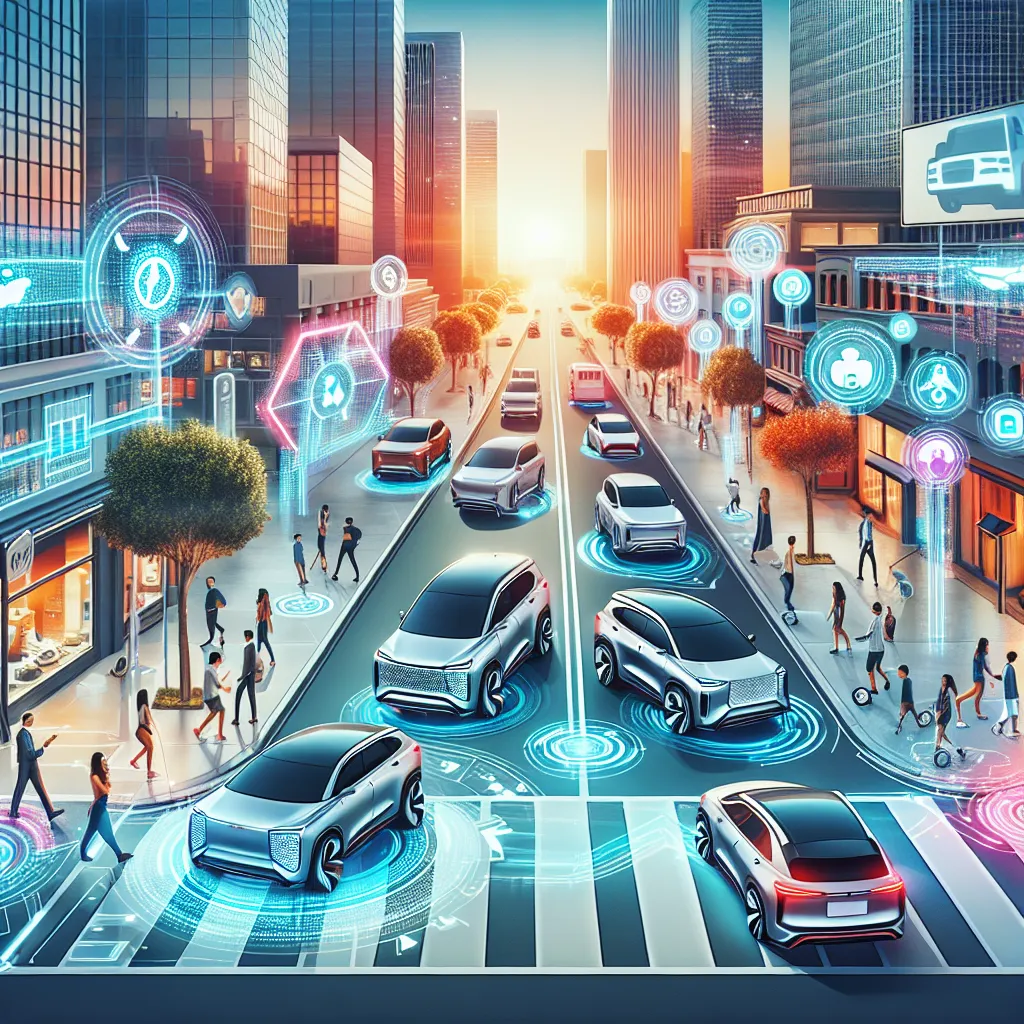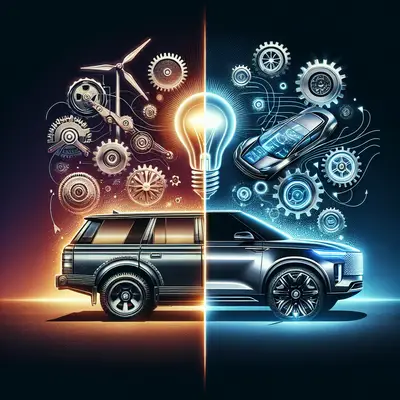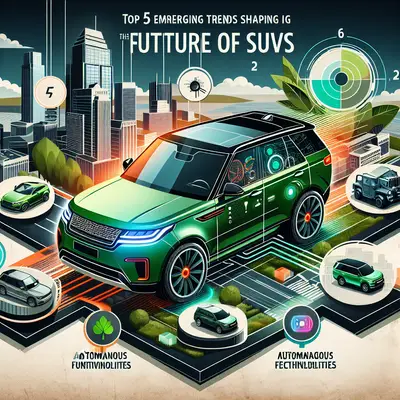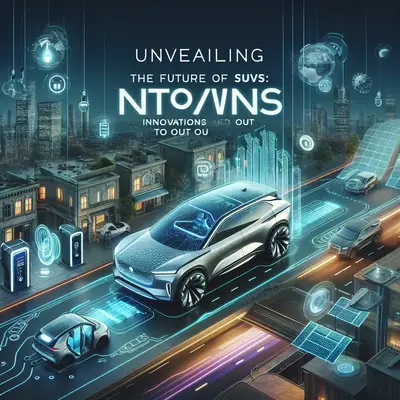Autonomous Driving
As autonomous driving technology advances, SUVs are becoming increasingly intelligent. They now have the capability to navigate complex urban environments, respond to changing road conditions, and even predict driver behavior. Autonomous SUVs are expected to dramatically improve road safety, reduce traffic congestion, and offer unprecedented convenience for drivers. However, the widespread adoption of autonomous SUVs will depend on regulatory approval, public acceptance, and the development of supporting infrastructure.
Electric Power
The shift toward electric power is perhaps the most significant trend in the SUV market. Several manufacturers have already released electric SUV models, and many more are set to follow in 2025. These vehicles offer numerous benefits, including zero tailpipe emissions, lower running costs, and exceptional performance. Battery technology is also improving rapidly, resulting in longer ranges and shorter charging times. However, the success of electric SUVs will depend on the expansion of charging infrastructure and the reduction of battery costs.
Advanced Safety Features
Safety is a top priority for SUV manufacturers, and technological advancements are enabling the development of increasingly sophisticated safety features. These include advanced driver assistance systems (ADAS), which use sensors and cameras to monitor the vehicle's surroundings and assist the driver in preventing accidents. Future SUVs will also include predictive safety features, which use artificial intelligence to anticipate potential hazards and take preventative action.
Connectivity
With the advent of 5G and the Internet of Things (IoT), modern SUVs are becoming more connected than ever before. In-car Wi-Fi, smartphone integration, and infotainment systems have become standard features in many models. Future SUVs are expected to offer even more advanced connectivity features, such as vehicle-to-vehicle (V2V) and vehicle-to-infrastructure (V2I) communication, which will enable them to interact with other vehicles and infrastructure to improve safety and efficiency.
Personalization
Personalization is another key trend in the SUV market. As technology advances, SUVs are becoming increasingly customizable, allowing drivers to tailor their vehicles to their individual needs and preferences. This includes customizable driving modes, adjustable seating configurations, and personalizable infotainment systems. Some manufacturers are even exploring the concept of "smart" interiors, which use artificial intelligence to adapt to the driver's behavior and preferences.
Conclusion
As we look forward to 2025, it's clear that the SUV market is on the cusp of a technological revolution. From autonomous driving and electric power to advanced safety features, connectivity, and personalization, these advancements promise to make SUVs safer, more efficient, and more enjoyable to drive. However, the successful implementation of these technologies will require significant investment and collaboration between manufacturers, governments, and other stakeholders. As always, the future of the SUV market will be shaped by the evolving needs and preferences of consumers.



